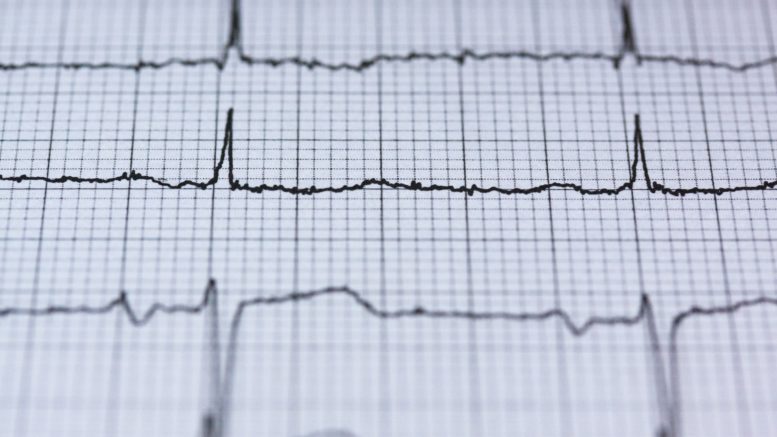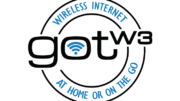Smart healthcare in medicine is the latest medical equipment and industry-specific software that automates all work processes. The latest technologies allow carrying out the most complex operations, examinations, speeding up laboratory tests, consulting and examining patients at a distance, and much more. With the help of special programs for medical centers, work with clients is built, their health status is recorded, the interaction of structural units is ensured, the warehouse of drugs is controlled, payments are made with patients and staff, etc.
Modern diagnostic equipment
One example of the use of computer technology is a Computed Tomography. The results obtained when the patient is irradiated are processed by special programs, and three-dimensional images of the examined organs and tissues are created. According to them, the doctor makes accurate diagnoses and assesses the disease’s development and recovery after operations.
Another example is the RadioVisioGraphy (RVG) in dentistry. They allow you to display dental images on a computer rather than on paper. The image accuracy is much higher. You can study the problem in detail from different angles, enlarge the picture, make accurate measurements of the root canals, etc. In this case, the radiation load on the patient is reduced by several times.
With the development of technology, it became possible to conduct laparoscopic operations instead of open ones. With the help of special equipment with cameras, the doctor performs manipulations through the smallest incisions on the body. Such operations are much easier to tolerate. After them, the recovery process goes faster. They have fewer side effects, and the stitches are almost invisible.
Technology today
- Technologies of virtual and augmented reality have already proven themselves well both in providing medical care, for example, in surgery and during the rehabilitation of patients after undergoing operations. They also find application in the training and professional development of medical workers.
- 3D printing is another technology that has the potential to revolutionize healthcare. Models of joints, dental implants, etc., printed on a 3D printer, correspond as closely as possible to the individual characteristics of each patient. For example, the British Institute of Regenerative Medicine Wake Forest has already successfully grown dozens of different types of cells and organs and cartilage and bones, including ears and noses.
- AI systems are pretty actively used in oncology, where they make it possible to highlight a tumor and healthy tissues in a medical image and assess how effectively the therapy was carried out to patients. AI also helps detect a range of diseases in the early stages, such as blood poisoning.
Telemedicine
With the help of computer technology, it has become possible to assist patients at a distance, making medical services more accessible. Such online consultations are necessary for residents of remote areas, in emergencies, for patients with disabilities, or in a confined space. The doctor can conduct a virtual examination, get acquainted with the results of tests, analyze, prescribe treatment, and regularly monitor health.
In addition, telemedicine includes online conferences, meetings, training, rapid exchange of scientific discoveries, emergency patient commissions, etc. This knowledge of digital technology should be considered part of the professionalism in nursing today. Moreover, nurses can find more benefits in the digital world by exploring various options, such as big companies that open up discounts for teachers, nurses, and doctors. Thus, they can get informed online about new opportunities.
Medical software
Specialized software for medical institutions automates the work of clinics from registration to settlements with insurance companies. In particular, there are computer programs for nursing, ophthalmology, and even programs for veterinary clinics. Here are the benefits:
- Electronic document management (electronic patient records, data exchange between departments);
- The paperwork of doctors is minimized;
- Standardization of the work of medical staff;
- The efficiency and quality of services increases;
- Control over the warehouse of drugs and materials is simplified;
- Transparency of financial activities;
- Prompt receipt of reports;
- Convenient settlements with patients and employees;
- Increasing customer loyalty.
Medical programs include all kinds of mobile applications for clients. With their help, you can independently make an appointment, find out information about a medical institution, doctors, and ongoing promotions, leave reviews, and keep a schedule for taking medications. These functions are available in a dedicated mobile application. Using the software, you can create an electronic book of reviews and suggestions, where patients can evaluate the quality of services, leave comments, fill out questionnaires, etc.
Final word
Smart Healthcare takes into account all the nuances of medical specialization and the work of the institution. Therefore, they are being finalized individually or created on a turnkey basis. This means that remarkable technologies can be implemented in any branch of medicine and institutions of various sizes. In general, modern technologies, like scientific discoveries, stimulate the development of medicine and improve the level of service for the population.





